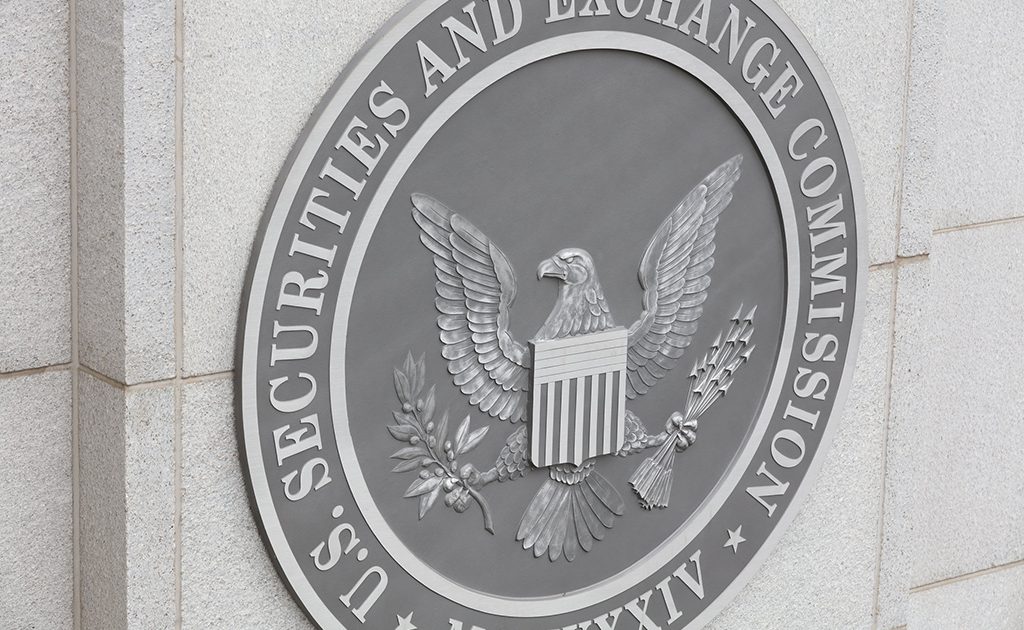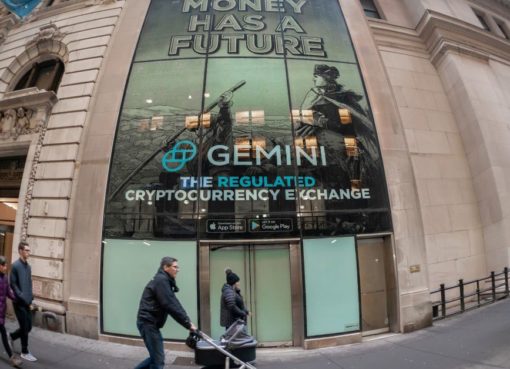The United States Securities and Exchange Commission (SEC) has decided to postpone the Wilshire Phoenix’s Bitcoin ETF proposal. According to a document released by the commission, they will continue putting the proposal under review. By February 26th, 2020, the SEC will approve or disapprove the rule changes that will determine the status of the ETF. This decision essentially puts in limbo the status of the ETF. It also indicates the cold feet that the SEC has towards new Bitcoin and other cryptocurrency ETFs as well.
U.S. SEC Has Issues with the Crypto Space
The SEC has been lukewarm towards Bitcoin and cryptocurrency-related activities. It has also has rejected as many as twelve or more ETF proposals since 2017. The trust is referred to as the United States Bitcoin and Treasury Investment Trust. Sources indicate that the trust owned by Wilshire Phoenix will use a multi-asset ownership strategy to hedge against the volatility of Bitcoin prices. William Hermann who is the managing partner for Wilshire Phoenix indicated this in an interview.
Wilshire went one step further and filed a comment letter to calm frayed nerves about the subject. In the comment letter, Wilshire Phoenix Funds indicated:
“…investors with the opportunity, if they so choose, to obtain exposure to bitcoin in a regulated investment vehicle, and in a manner that mitigates risk by reducing the volatility typically associated with an investment in bitcoin7 and without the uncertain and often complex requirements relating to acquiring or holding Bitcoin.”
Different Kind of Trust
This all is part of a new trend that is coming on the scene. Most new forms of exotic Bitcoin investments require a significant amount of exposure. The comment letter also speaks about the compositions of the fund. The Fund will feature both bitcoins and United States Treasury Bills in a “determined ratio” based on the volatility of Bitcoin prices. The comment letter further stated that Coinbase Custody Trust Company, LLC which will be the Bitcoin custodian.
The comment letter further went on to describe the Chicago Mercantile Exchange (CME) Bitcoin Reference rate (BRR) as the benchmark for the estimation of the value of Bitcoin assets held with the custodian. The letter also defined the CME futures market and the Bitcoin spot market which is made up of five major cryptocurrency exchanges that include, itBit, Gemini, Kraken, and Bitstamp.
The United States Securities and Exchange Commission is Anti-Cryptocurrency
These five cryptocurrency exchanges represent a vast majority of Bitcoin trading activities in the United States. This shows that many have held that the U.S. SEC is stifling the growth of the crypto space on purpose. Other nations have gone ahead to figure out models that will ensure adoption amidst tight regulations. The U.S. Securities and Exchange Commission has been giving members of the crypto space headaches for two years now. This, of course, could only indicate one thing. The United States may lose out of being the undisputed leader of the crypto space. That is government continues its anti-cryptocurrency stance.
Christopher Haruna Hamman is a Freelance content developer, Crypto-Enthusiast and tech-savvy individual. He is also a Superstar Content Developer, Strategy Demigod, and Standup Guy.




